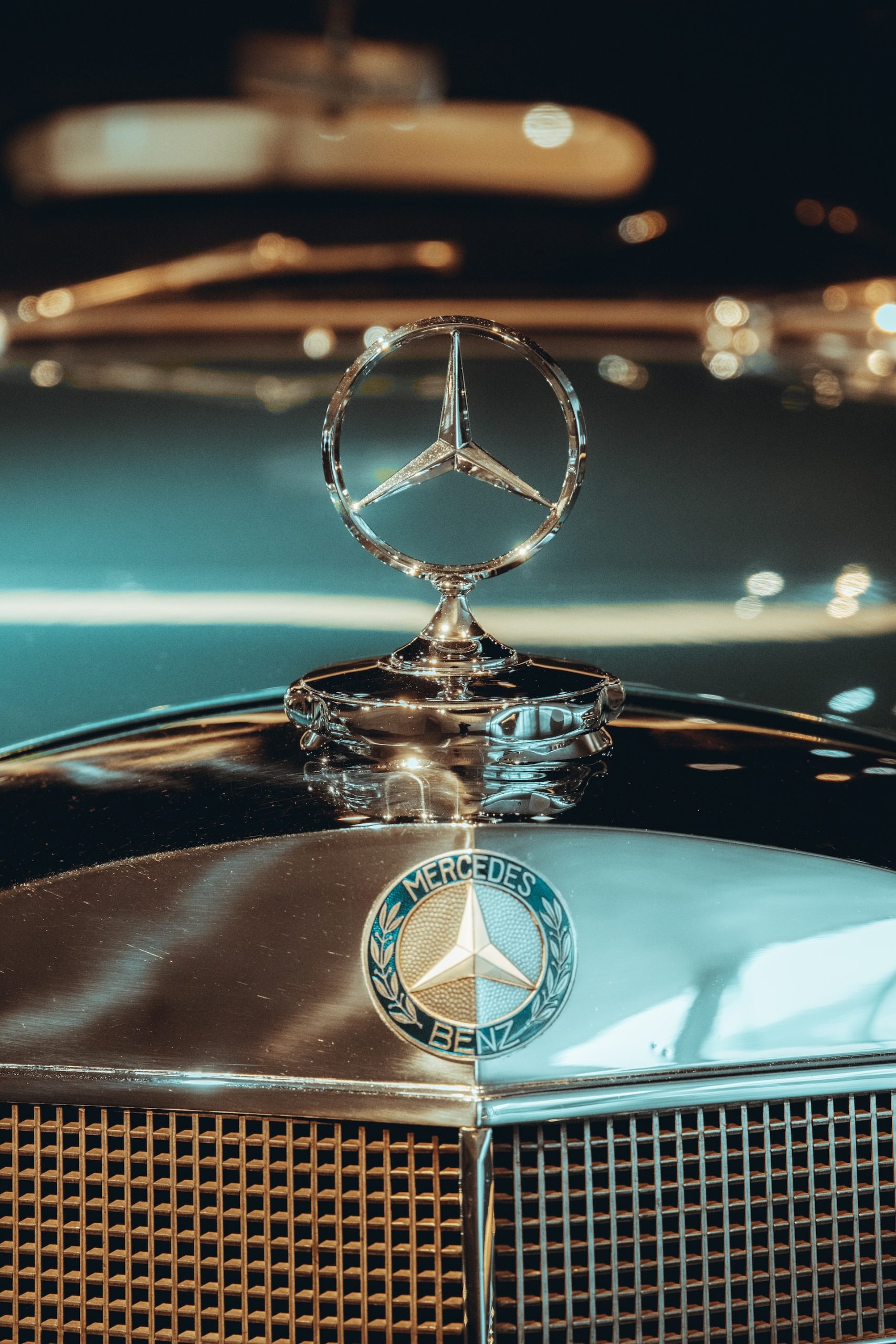Mercedes-Benz, one of the world’s leading luxury car brands, has implemented a pricing strategy that appears to be paying off. The company recently increased prices on many of its models, yet still reported strong returns in the first quarter of 2021. The move highlights a trend in the luxury car market towards increasing prices in the face of growing demand.
The pricing strategy appears to be working particularly well for Mercedes’ AMG performance line, which saw a 47% increase in sales in the first quarter of 2021. This is despite price increases of up to 5% on some AMG models. The company’s overall sales in the first quarter of 2021 increased by 21% compared to the same period last year.
Mercedes’ success with its pricing strategy is not unique to the luxury car market. Many other luxury brands have also increased prices in recent years, including Bentley, Rolls-Royce, and Lamborghini. This trend can be attributed to several factors, including increased demand for luxury goods from wealthy consumers and a desire to maintain exclusivity and brand prestige.
According to experts, the pandemic has only fueled demand for luxury goods, including cars. With many wealthy consumers spending less on travel and entertainment, they have more disposable income to spend on high-end products. Additionally, the pandemic has shifted attitudes towards luxury, with many consumers now valuing quality and prestige over affordability.
However, not everyone is convinced that increasing prices is the best strategy for luxury brands. Some experts warn that increasing prices too much could ultimately damage the brand’s reputation and turn away potential customers.
Despite these concerns, Mercedes’ recent success with its pricing strategy suggests that the company is finding the right balance. The brand’s emphasis on performance and luxury, combined with its successful marketing campaigns, has helped it maintain its status as a leading luxury car brand.
The success of Mercedes’ pricing strategy is also reflective of a broader trend in the automotive industry towards electric and hybrid vehicles. Many luxury car brands, including Mercedes, have announced plans to phase out combustion engines and shift towards electric and hybrid models. While these cars are often more expensive than traditional gasoline-powered cars, they appeal to a growing number of environmentally-conscious consumers.
In conclusion, Mercedes’ recent success with its pricing strategy highlights a growing trend in the luxury car market towards increasing prices to maintain exclusivity and brand prestige. While some experts warn of the risks of increasing prices too much, the pandemic has only fueled demand for luxury goods, including cars. Mercedes’ emphasis on performance and luxury, combined with its successful marketing campaigns, has helped it maintain its status as a leading luxury car brand.




